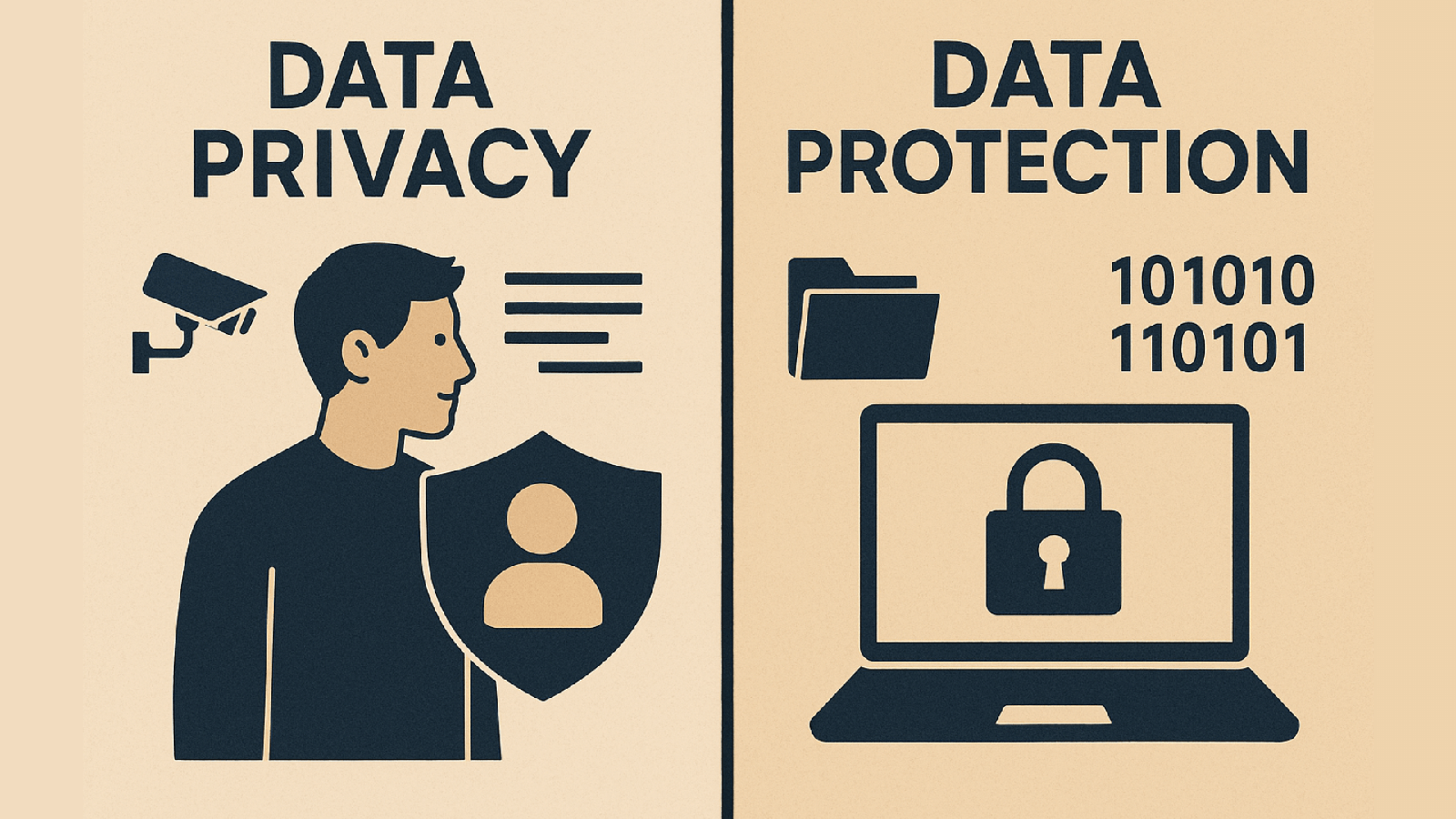
Is knowing how to encrypt a database the same as knowing who has the right to access the data within it? The answer is a resounding no, and that crucial distinction lies at the heart of modern IT infrastructure and governance. For professionals aiming to validate their skills with the HPE2-B01: HPE Data Protection Solutions certification, a deep understanding of the relationship between Data Privacy and Data Protection isn't just an academic exercise—it's a fundamental requirement for success.
Many use these terms interchangeably, but they represent two distinct, yet interconnected, disciplines. Data Protection is about securing data from unauthorized access, while Data Privacy is about defining who has that authorized access and under what conditions. Think of it like a house: Data Protection is the strong lock on the door, the alarm system, and the sturdy walls that prevent intruders. Data Privacy, on the other hand, is the set of rules that determines who gets a key and when they are allowed to enter.
This guide will dissect these two concepts, explore their importance and best practices, and clarify their differences once and for all. More importantly, we'll connect this knowledge directly to the HPE2-B01 certification, showing you how mastering this topic is your first step toward acing the exam and advancing your career.
What is Data Privacy?
Data Privacy, often called information privacy, is a branch of data security concerned with the proper handling of data—consent, notice, and regulatory obligations. It's about how personal data is collected, used, stored, and shared. The core principle of data privacy is that individuals should have control over their personal information. It is fundamentally a rights-based concept.
When we talk about data privacy, we are answering questions like:
- Who is authorized to collect and view this data?
- For what specific purpose is this data being collected?
- How long will the data be stored, and when will it be deleted?
- With whom can this data be shared?
- What rights do individuals (data subjects) have over their own data?
Global regulations like the General Data Protection Regulation (GDPR) in Europe, the California Consumer Privacy Act (CCPA), and India's Digital Personal Data Protection Act (DPDPA) are built on these principles. They legally mandate how organizations must handle the personal data of citizens, putting the focus squarely on transparency and individual consent.
Why Data Privacy is Important?
In a world fueled by data, privacy is no longer a niche concern; it's a critical component of corporate responsibility and customer trust.
- Builds Customer Trust: When customers feel confident that their personal information is being handled responsibly, they are more likely to engage with a business. A privacy breach can irreparably damage a company's reputation and customer loyalty.
- Ensures Regulatory Compliance: Non-compliance with data privacy laws like GDPR can result in staggering fines (up to 4% of annual global turnover), legal battles, and operational restrictions. Adhering to privacy principles is a legal and financial necessity.
- Upholds Human Rights: At its core, data privacy is about the fundamental right to be left alone and to control one's own identity. It protects individuals from being unfairly monitored, targeted, or discriminated against based on their data.
- Provides a Competitive Advantage: Businesses that champion data privacy can differentiate themselves in the marketplace. A strong privacy posture is a powerful selling point that can attract discerning customers and partners.
Data Privacy Best Practices
Implementing robust data privacy requires a strategic, policy-driven approach. It's not just about technology; it's about governance.
Privacy by Design and by Default: This principle, central to GDPR, dictates that privacy considerations should be embedded into the design of new systems, products, and processes from the very beginning, not bolted on as an afterthought.
Data Minimization: Only collect and process the personal data that is absolutely necessary for a specific, stated purpose. Avoid collecting data "just in case."
Purpose Limitation: Be transparent with individuals about why you are collecting their data and use it only for that purpose. If you need to use it for another reason, you typically need to obtain fresh consent.
Transparent Privacy Policies: Your privacy policy should be easy to find, easy to understand, and written in clear language. It must explicitly state what data is collected, how it's used, who it's shared with, and how individuals can exercise their rights.
Consent Management: Implement robust mechanisms for obtaining and managing user consent. Consent should be freely given, specific, informed, and unambiguous. Users should also be able to withdraw their consent as easily as they gave it.
Data Subject Access Requests (DSARs): Establish a clear process for handling requests from individuals who want to access, rectify, or delete their personal data.
What is Data Protection?
If data privacy is the "who" and "why," Data Protection is the "how." It refers to the technical and operational mechanisms and strategies used to secure data against unauthorized access, corruption, or loss. It is the practical implementation of security controls to safeguard data throughout its lifecycle.
Data Protection is concerned with defending data against both external threats (like hackers) and internal threats (like accidental deletion or malicious employees). The primary goal is to ensure the Confidentiality, Integrity, and Availability (CIA) of data.
- Confidentiality: Ensuring that data is accessible only to authorized users. This is where tools like encryption and access control come in.
- Integrity: Maintaining the consistency, accuracy, and trustworthiness of data over its entire lifecycle. Data must not be changed in transit, and steps must be taken to ensure it cannot be altered by unauthorized people.
- Availability: Ensuring that data is accessible to authorized users when they need it. This involves strategies for backup, disaster recovery, and system resilience.
Why Data Protection is Important?
Data protection is the bedrock of information security. Without effective protection measures, data privacy policies are merely empty promises.
- Prevents Data Breaches: Strong data protection measures are the first line of defense against cyberattacks. A data breach can lead to massive financial losses, intellectual property theft, and operational downtime.
- Ensures Business Continuity: What happens if your critical data is lost due to a hardware failure, ransomware attack, or natural disaster? Robust data protection, including regular backups and disaster recovery plans, ensures that the business can recover quickly and continue to operate.
- Safeguards Sensitive Information: Businesses handle a vast amount of sensitive data, including financial records, intellectual property, and employee information. Protecting this data is essential for maintaining business operations and integrity.
- Fulfills Privacy Obligations: Data privacy regulations legally require organizations to implement appropriate technical and organizational measures to protect personal data. Therefore, data protection is a legal requirement for achieving data privacy compliance.
Data Protection Best Practices
Data protection is achieved through a multi-layered security strategy, often referred to as "defense in depth."
Data Encryption: Encrypt data both at rest (when it's stored on a server or hard drive) and in transit (when it's moving across a network). This makes the data unreadable even if it's intercepted.
Access Control and Identity Management: Implement the principle of least privilege, where users are only given access to the specific data and systems they need to perform their jobs. Use strong authentication methods like Multi-Factor Authentication (MFA).
Regular Backups and Disaster Recovery: Implement a comprehensive backup strategy (e.g., the 3-2-1 rule: three copies of your data, on two different media, with one copy off-site). Regularly test your disaster recovery plan to ensure you can restore data effectively after an incident.
Firewalls and Network Security: Use firewalls to monitor and control incoming and outgoing network traffic, preventing unauthorized access to your internal systems.
Data Loss Prevention (DLP): Deploy DLP tools that can identify and block the unauthorized exfiltration of sensitive data, whether it's through email, cloud uploads, or removable media.
Patch Management and Vulnerability Scanning: Regularly update all systems, software, and applications to patch security vulnerabilities. Proactively scan your environment to identify and remediate weaknesses.
The Core Difference: Data Privacy and Data Protection
While they work together, Data Privacy and Data Protection are not the same. A system can be perfectly protected but still violate privacy. For example, you could have an employee database secured with the world's best encryption and firewalls (excellent data protection), but if you share that data with marketing for a purpose the employees never consented to, you have a major data privacy failure.
Here’s a clear breakdown of the differences:
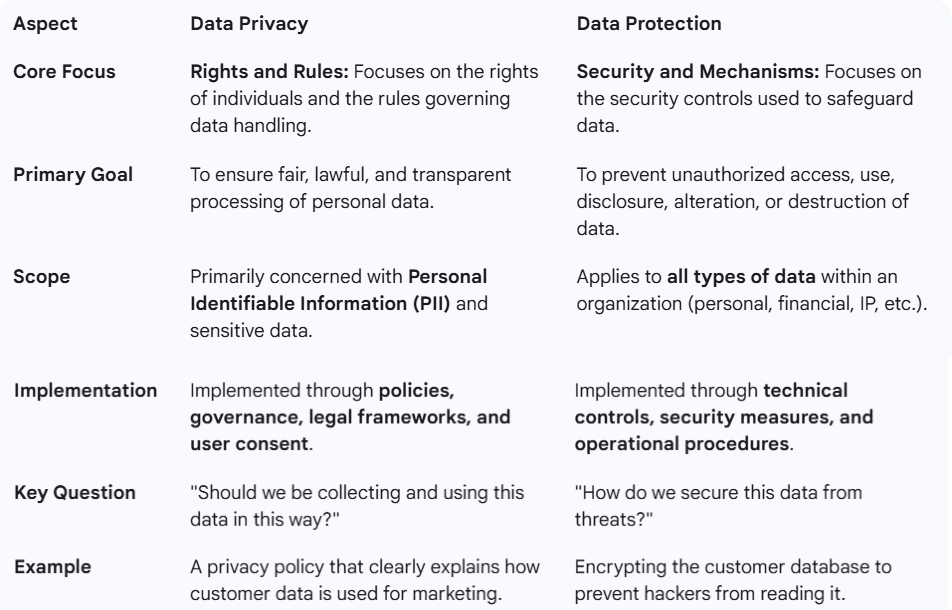
In short, Data Protection protects the data, while Data Privacy protects the person the data is about. You cannot achieve data privacy without robust data protection, but you can have data protection without respecting data privacy. True data stewardship requires both.
Connecting It All to the HPE2-B01 Certification
Understanding the theoretical difference between Data Privacy and Data Protection is one thing; applying it in the context of real-world IT solutions is another. This is precisely what the HPE2-B01: HPE Data Protection Solutions certification exam validates.
The HPE2-B01 exam is designed for IT professionals who implement and manage data protection solutions using HPE technologies. It tests your ability to not only configure backup and recovery solutions but also to design architectures that meet modern business requirements—which increasingly include stringent privacy and compliance mandates.
As detailed on the official HPE Certification and Learning page, the exam covers topics like storage infrastructure, HPE backup solutions, and data availability. A candidate who only understands the technical side (data protection) might know how to set up a backup job. However, a top-tier professional—the kind that passes this exam with flying colors—also understands why that data needs to be retained for a specific period, who should have access to the backups, and how the entire solution complies with regulations like GDPR (data privacy).
Preparing for Exam Day
You've read the manuals, you've studied the concepts, but how do you translate that knowledge into exam-day success? The pressure of a certification exam can be immense. The clock is ticking, the questions are complex, and a single gap in your understanding can be the difference between passing and failing.
This is where targeted, realistic preparation becomes your greatest asset. Reading about a concept is not the same as applying it under pressure. You need to bridge the gap between theoretical knowledge and practical application.
This is exactly why high-quality practice exams are indispensable. Simulating the exam environment is the most effective way to build the confidence and mental stamina needed to succeed. By working through realistic scenarios and questions, you can:
- Identify Knowledge Gaps: Discover the areas where you need more review before it's too late.
- Master Time Management: Learn the pace required to answer all questions within the allotted time.
- Reduce Exam Anxiety: Familiarize yourself with the question formats and pressure of the test, so there are no surprises on the actual day.
Don't leave your success to chance. Elevate your preparation and walk into the testing center with the confidence that you are fully prepared. At CertFun, we provide comprehensive HPE2-B01 practice exams designed to mirror the real test, helping you solidify your understanding of Data Privacy and Data Protection within the HPE ecosystem.
Conclusion
Data Privacy and Data Protection are two sides of the same coin, working in tandem to create a secure and trustworthy data environment. Privacy sets the policy, and protection executes it. For any IT professional, especially those pursuing the HPE2-B01: HPE Data Protection Solutions certification, mastering both is non-negotiable.
By understanding that privacy governs the rights and rules while protection provides the technical safeguards, you equip yourself with the holistic perspective needed to design and manage resilient, compliant, and effective data solutions. This deep understanding is your key to not only passing the HPE2-B01 exam but also to excelling as a data steward in a world that values its data—and the individuals behind it—more than ever.
FAQs
1. What is the HPE2-B01 exam?
The HPE2-B01: HPE Data Protection Solutions exam is a certification test for IT professionals that validates their knowledge and skills in planning, designing, and managing HPE's portfolio of data protection and backup solutions, including HPE StoreOnce, HPE RMC, and integrations with leading backup software.
2. Who is the target audience for the HPE2-B01 certification?
This certification is ideal for solutions architects, system engineers, and technical consultants who work with HPE storage and data protection solutions. It is designed for individuals who have at least one year of experience in the relevant technologies.
3. What are the main topics covered in the HPE2-B01 exam?
The exam covers a range of topics, including data protection fundamentals, HPE backup and recovery solutions, data availability and replication technologies, solution design and sizing, and management and monitoring of HPE data protection environments. A thorough understanding of Data Privacy and Data Protection principles is crucial for the solution design portion.
4. Are there any prerequisites for taking the HPE2-B01 exam?
While HPE recommends that candidates have hands-on experience with their data protection solutions, there are no formal prerequisites to take the exam.
5. What is the format and duration of the HPE2-B01 exam?
The exam typically consists of 50 multiple-choice questions. Candidates are usually given around 90 minutes to complete the test. For the most current details, always check the official HPE certification page.
6. What is the passing score for the HPE2-B01 exam?
The passing score is determined by HPE and can vary. Generally, a score of around 70% is required to pass, but candidates should refer to the official exam data card for the exact percentage.
7. How much does the HPE2-B01 exam cost?
The cost of the exam varies by country and testing center. You can find the exact pricing by visiting the Pearson VUE or HPE certification registration portal.
- Developed Countries: $140 (USD)
- Emerging Countries: $75 (USD)
8. How can I best prepare for the HPE2-B01 exam?
A successful preparation strategy includes a combination of studying official HPE training materials, gaining hands-on experience, and taking high-quality practice exams. Practice tests, like those offered at CertFun, are essential for assessing your readiness and building confidence before the real exam.

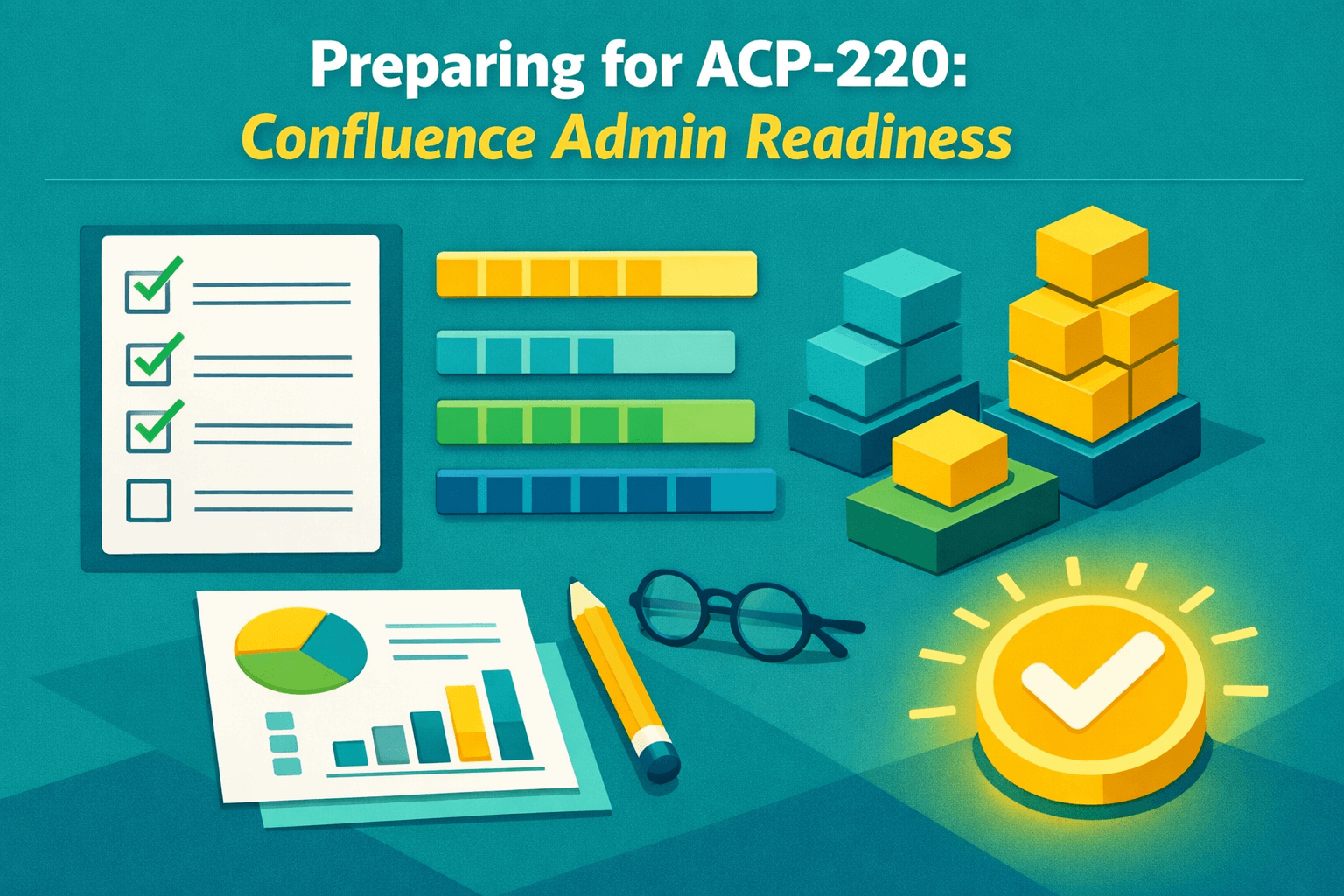




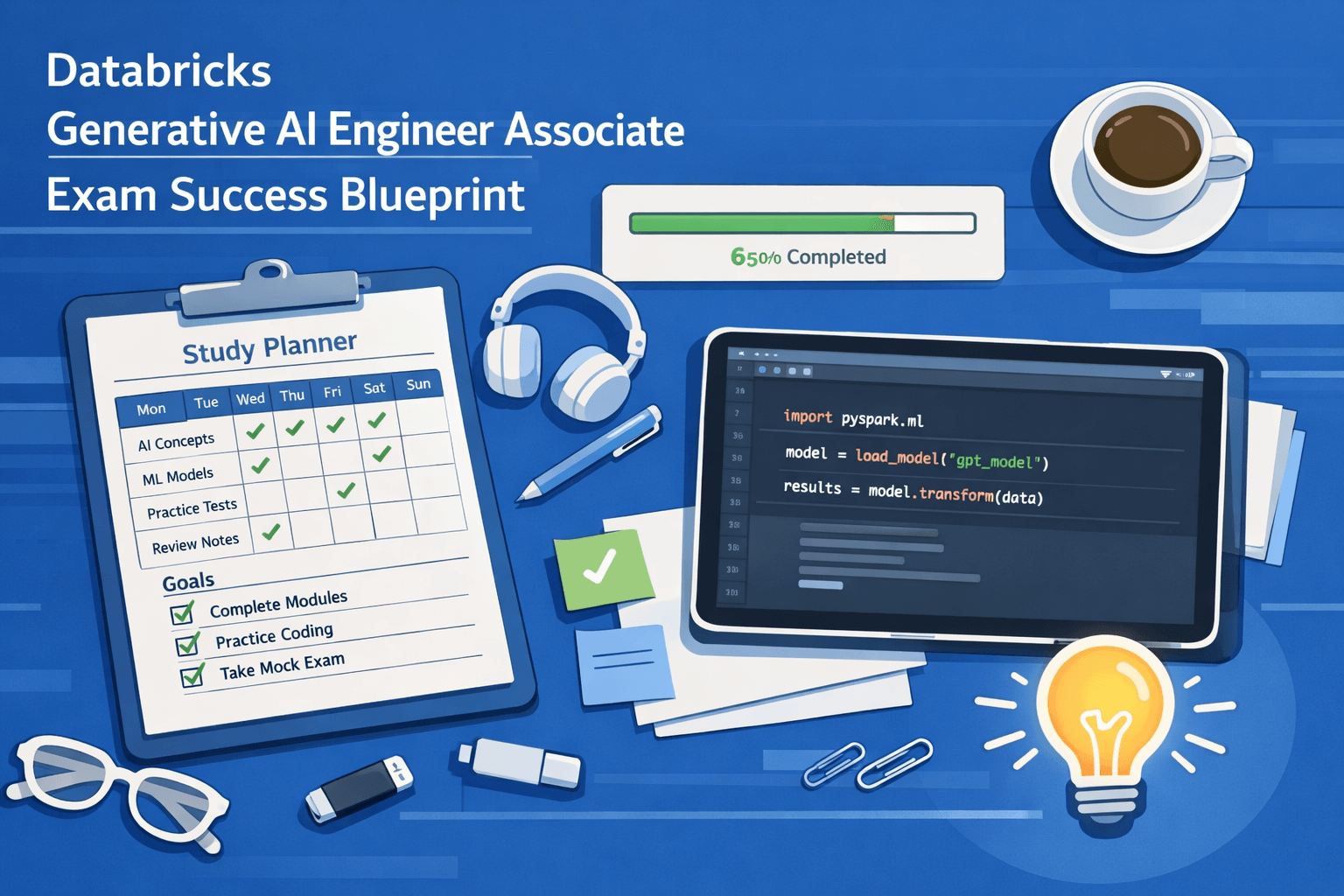


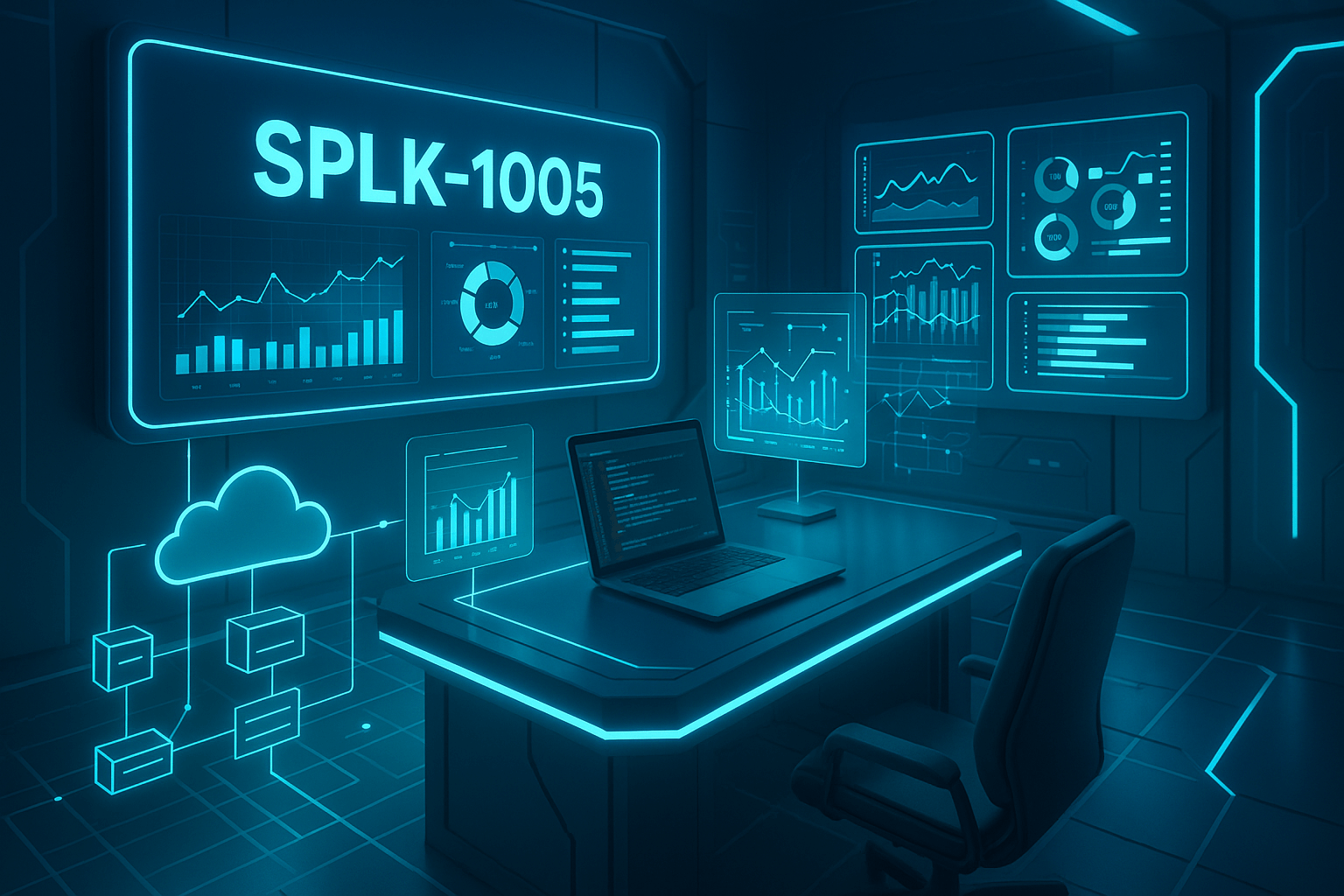
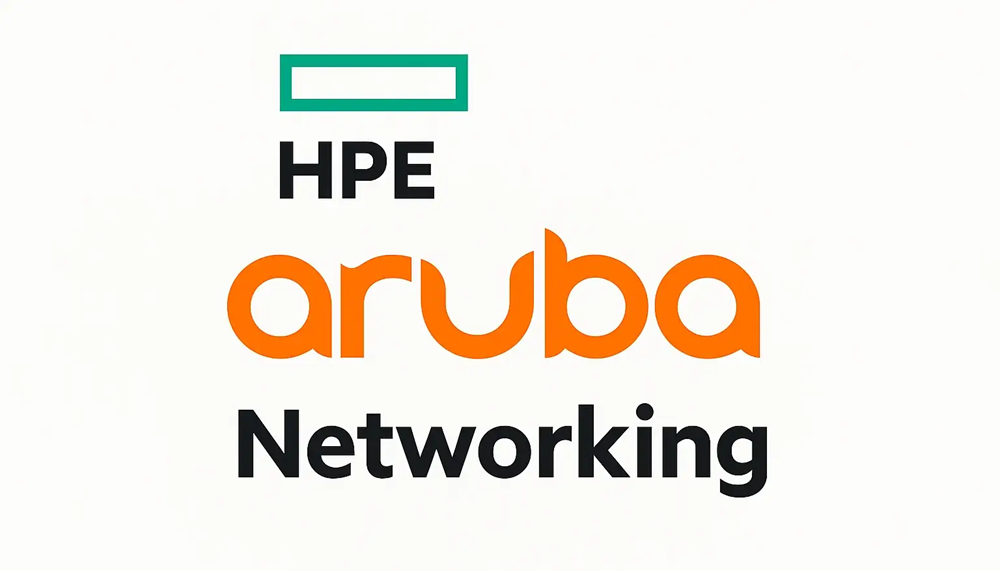
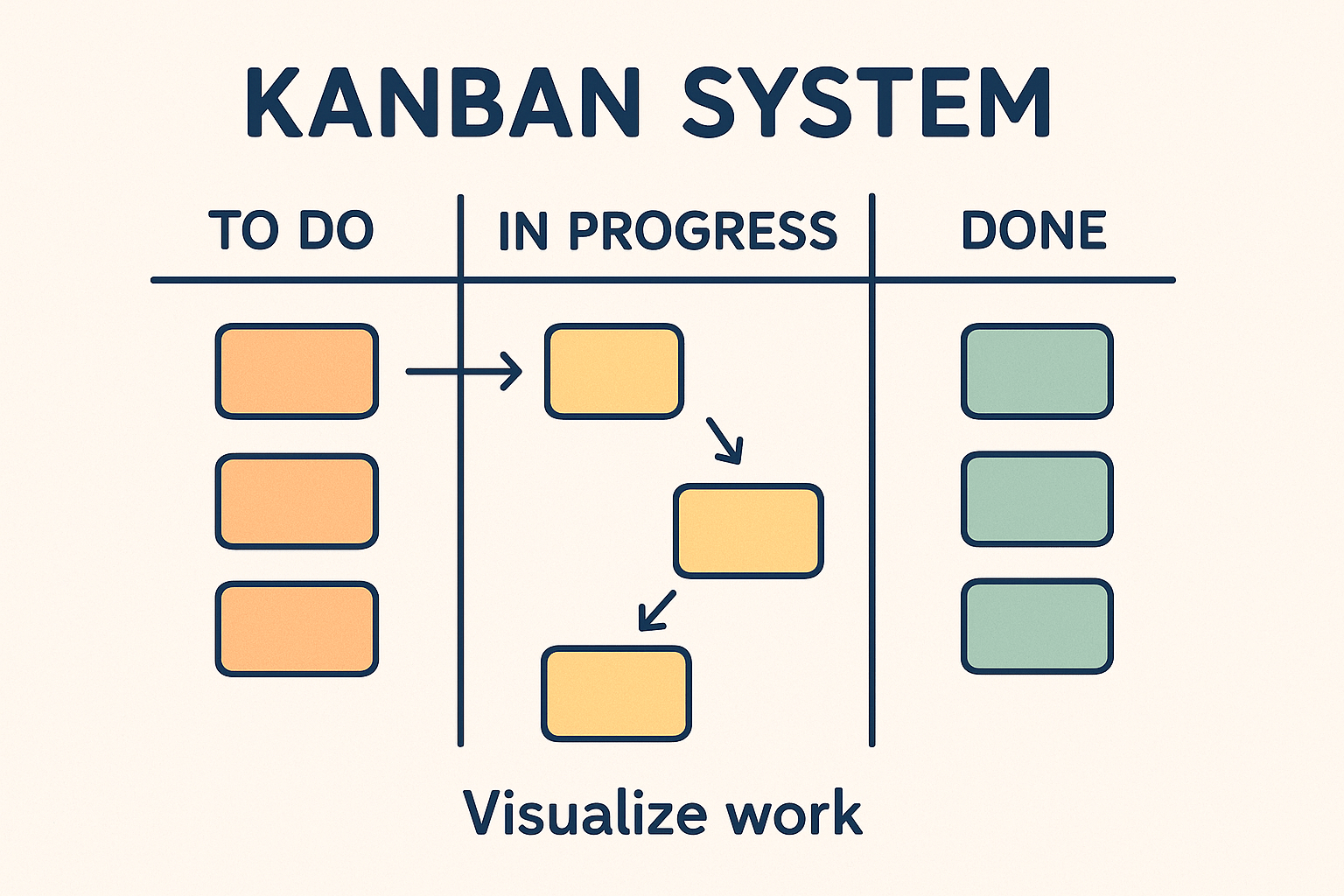
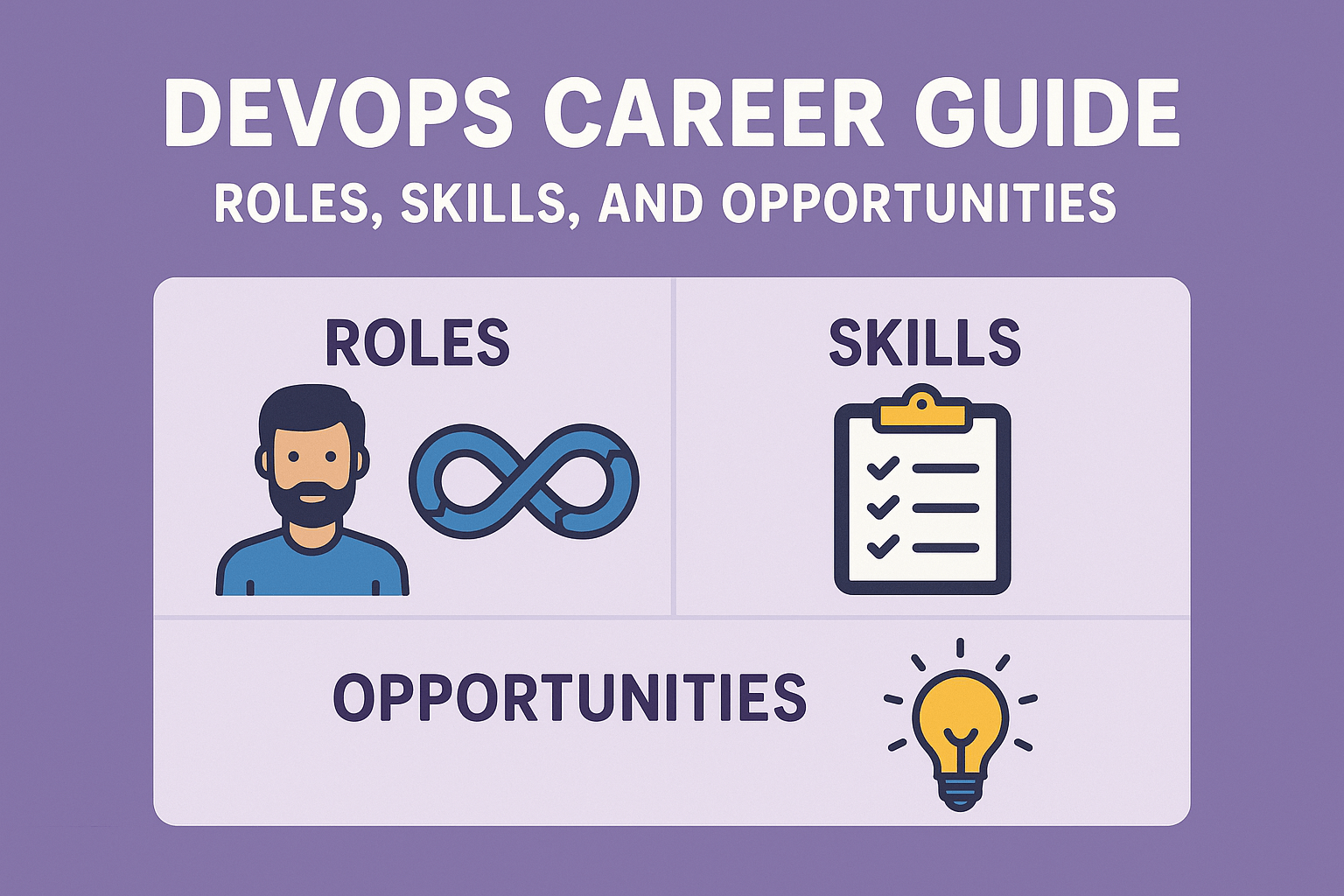
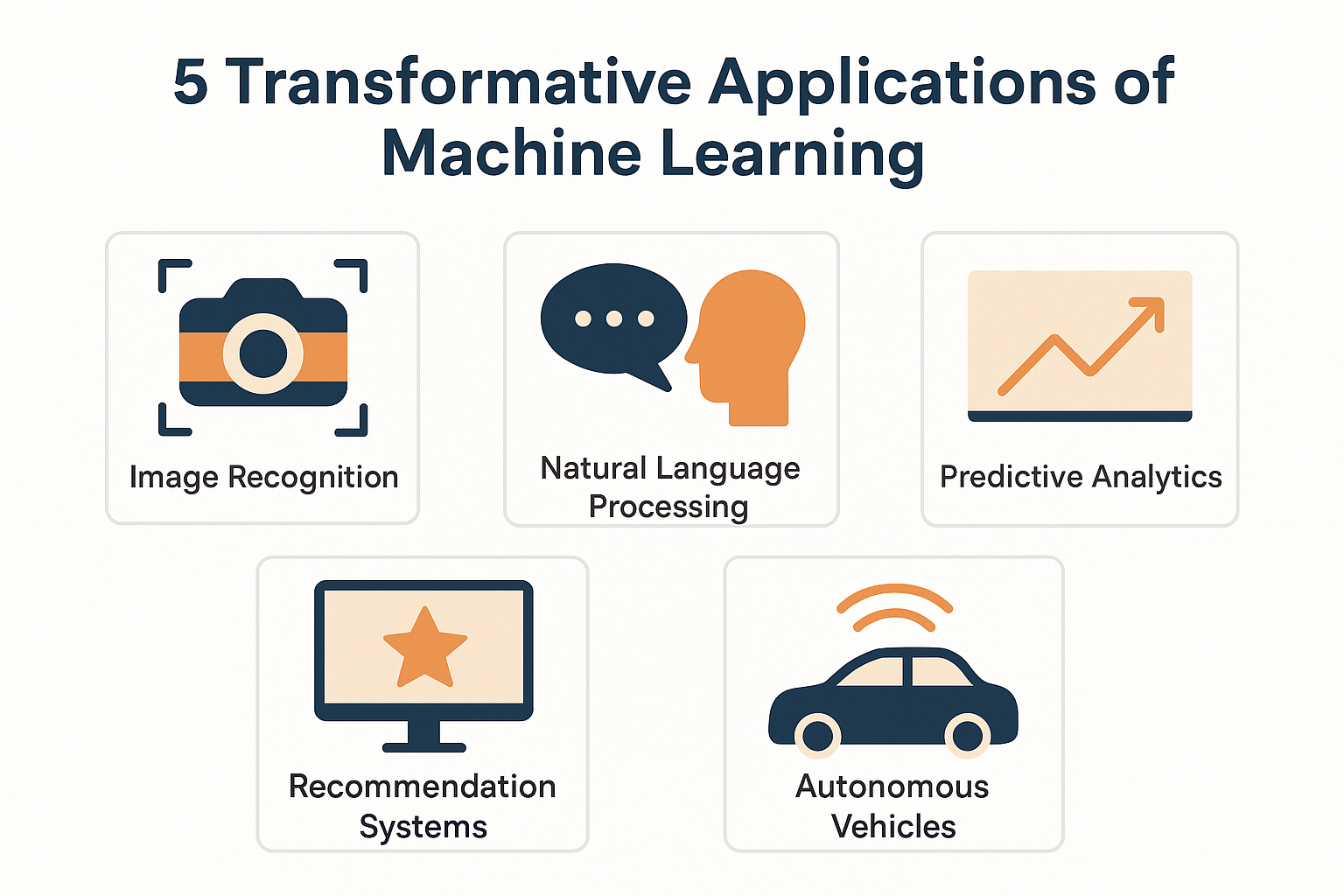

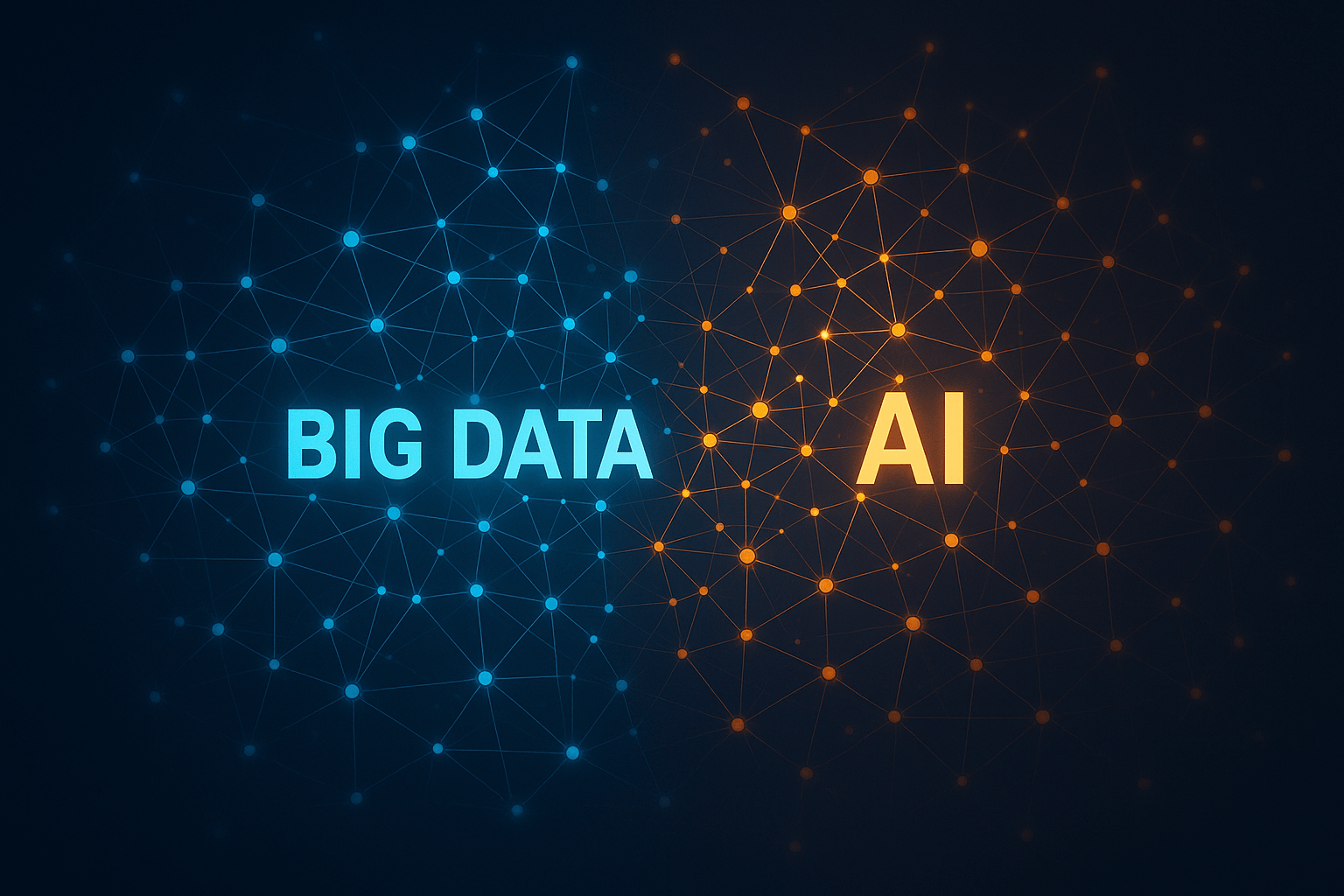
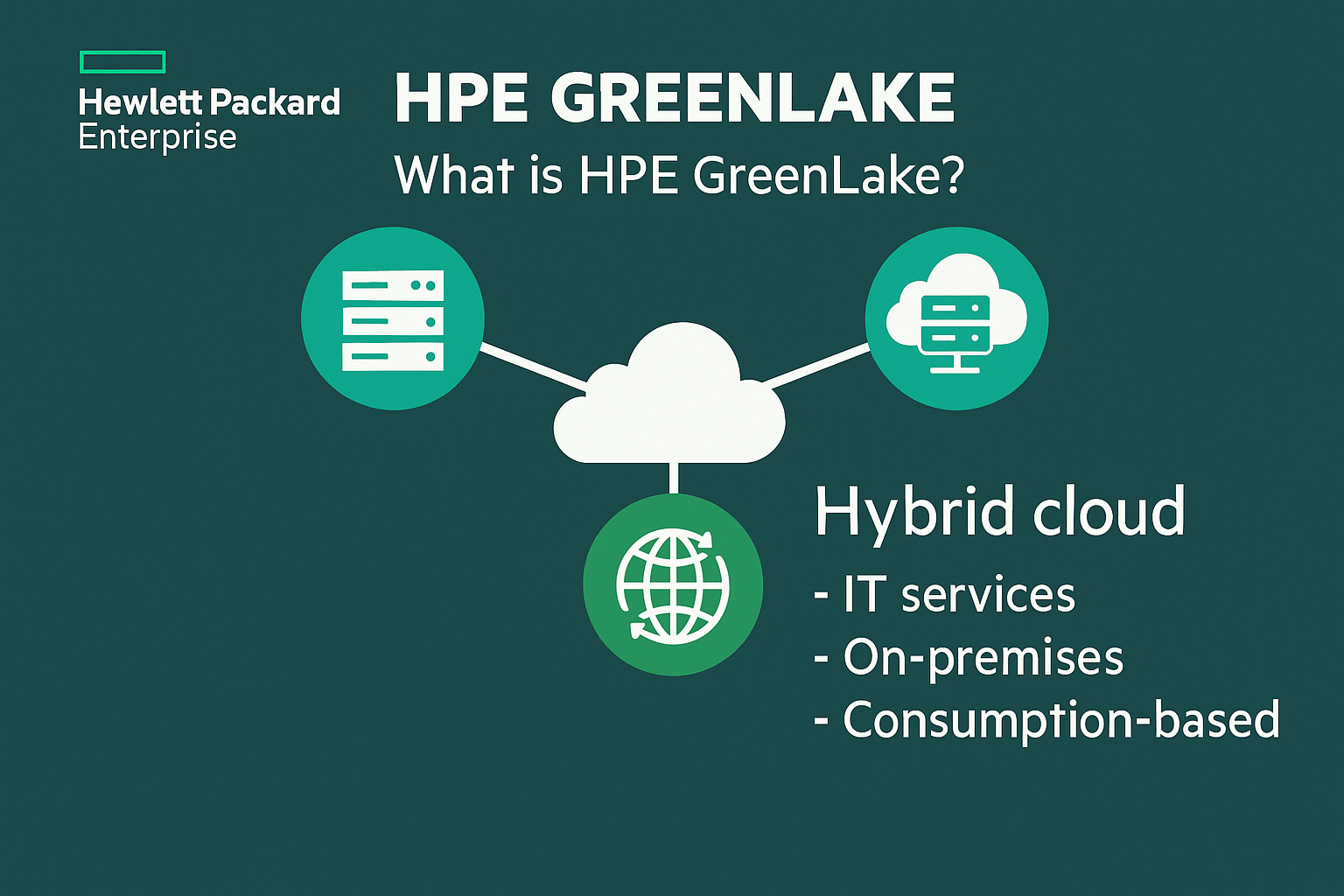
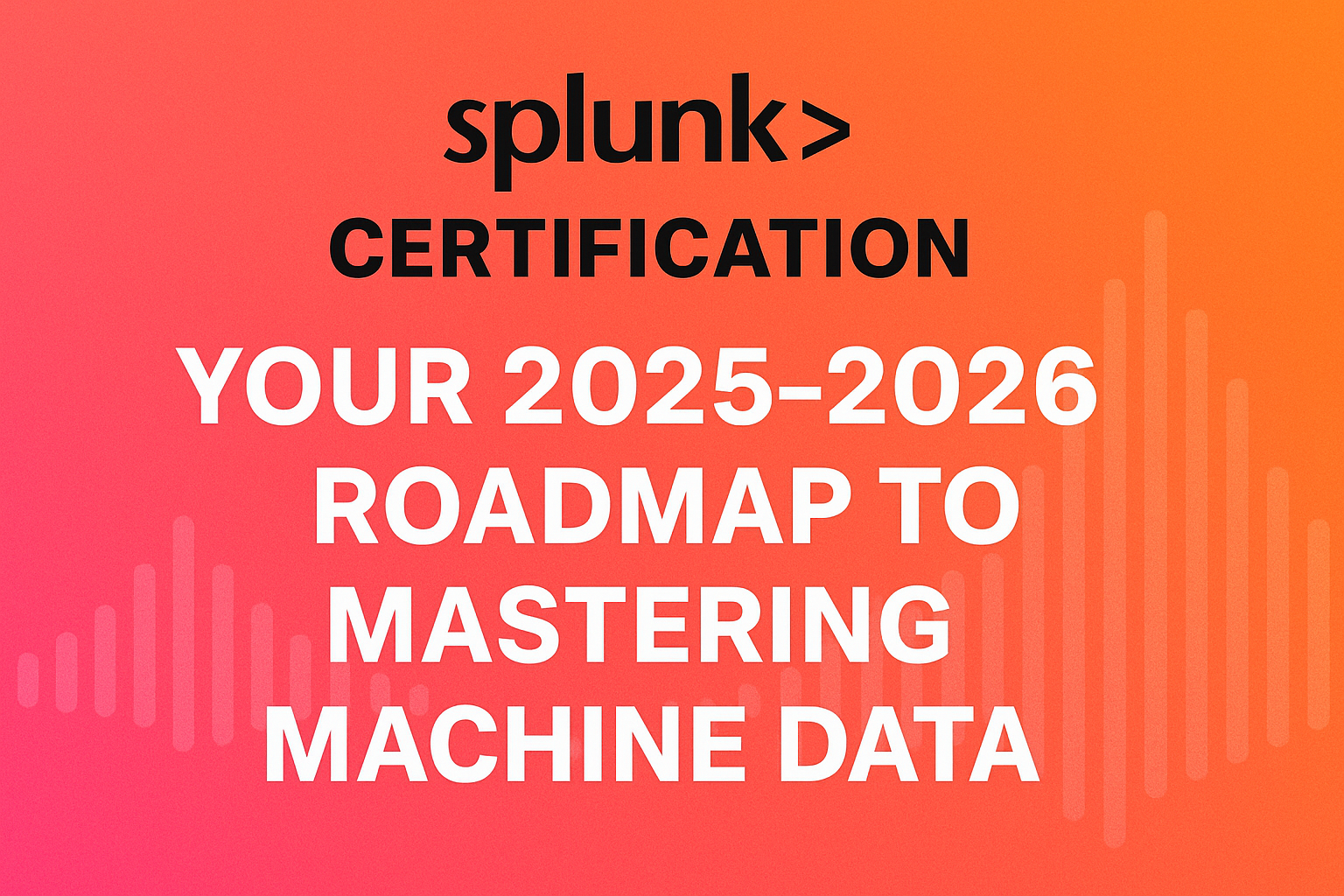

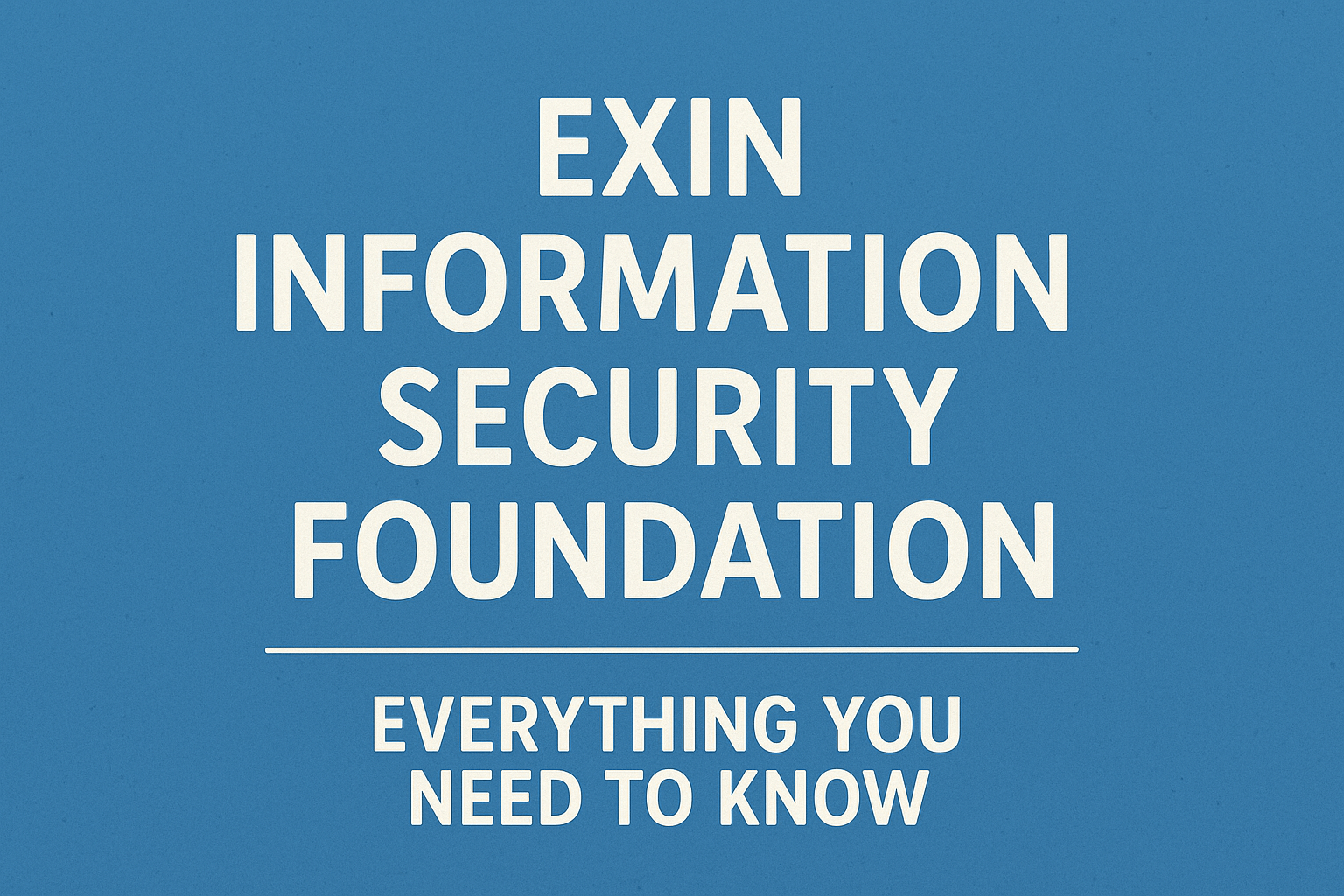
Write a comment ...